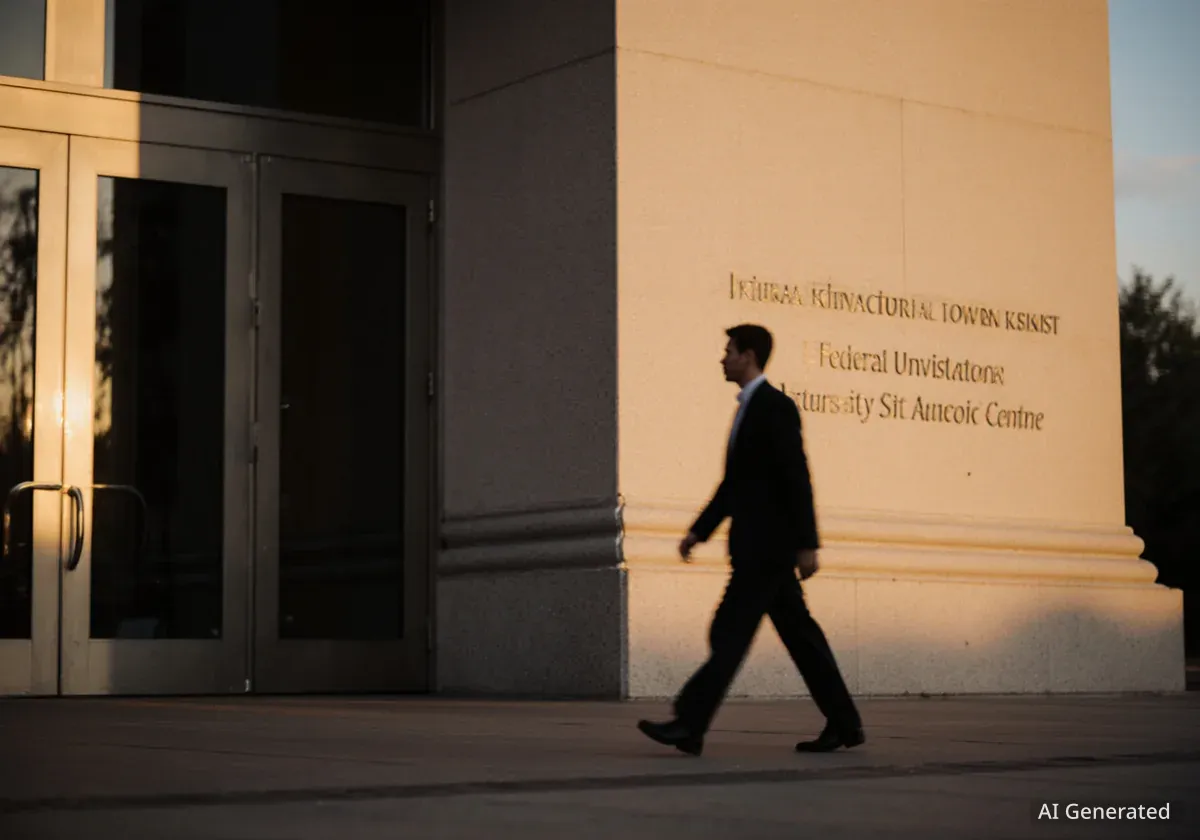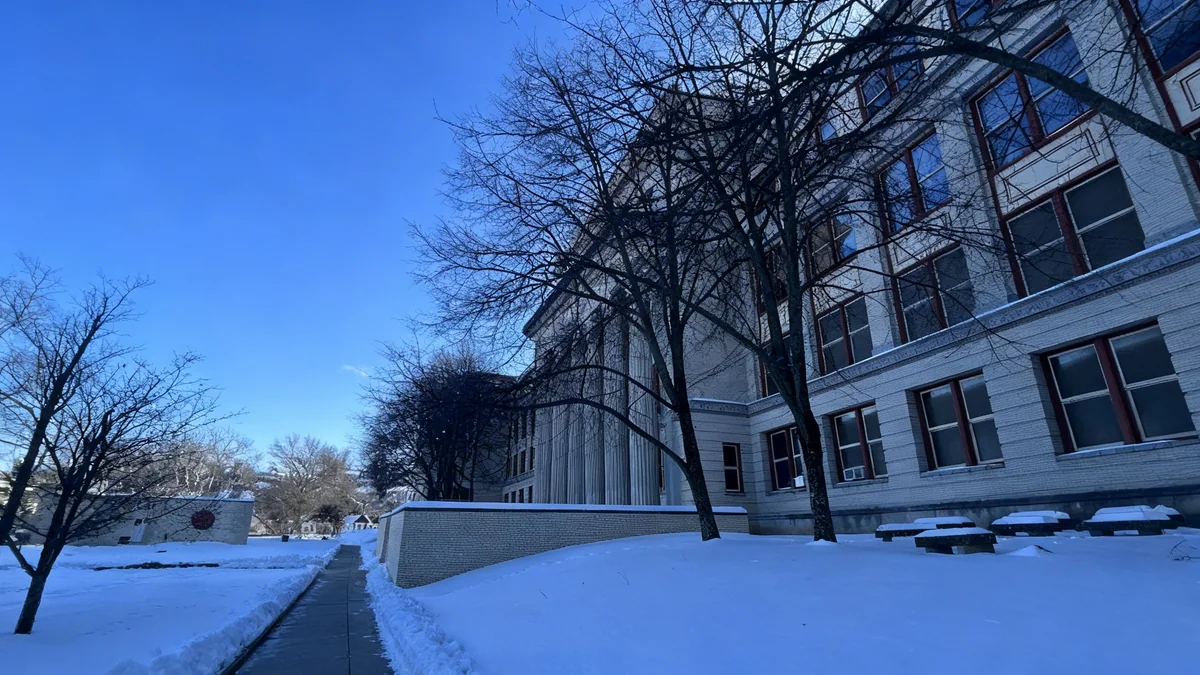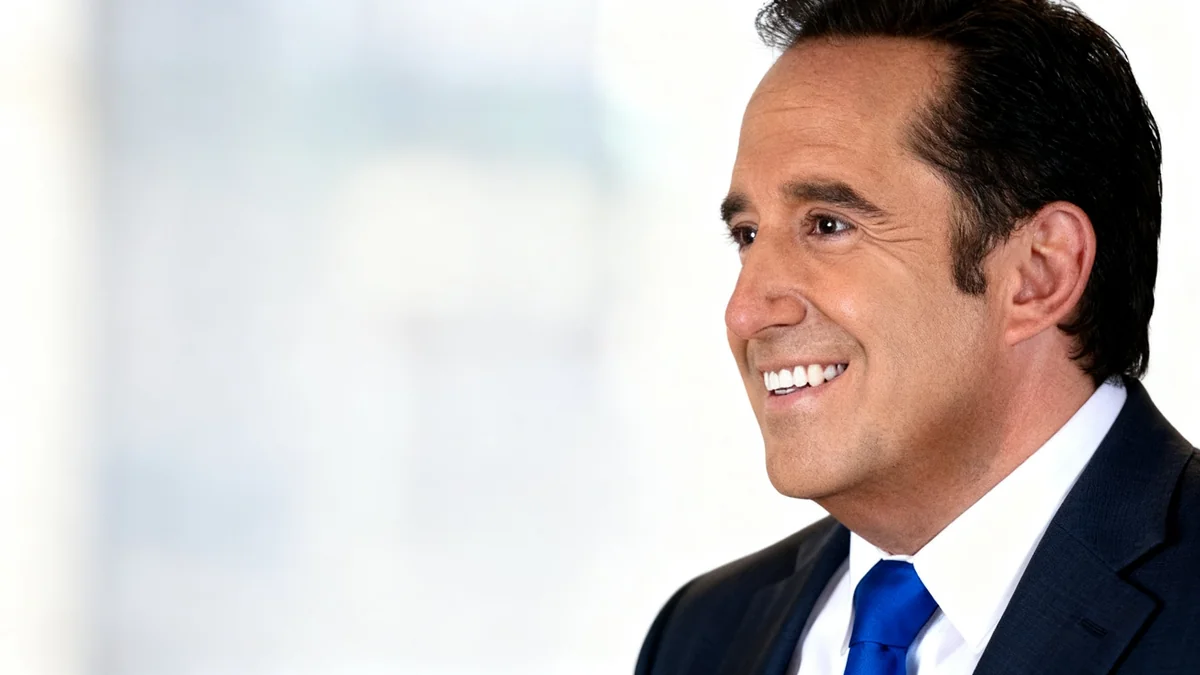A coalition of higher education institutions is formally requesting an exemption from a new, substantial $100,000 fee for H-1B visa applications. They argue the cost could significantly hinder their ability to recruit and retain essential international faculty, researchers, and staff who are vital to the nation's academic and economic progress.
The American Council on Education (ACE), along with 31 other organizations, sent a letter to the Department of Homeland Security outlining their concerns. The group emphasizes that these international professionals play a critical role in groundbreaking research and fill key positions in high-demand fields across the United States.
Key Takeaways
- Higher education groups are asking the Department of Homeland Security to exempt them from a new $100,000 H-1B visa fee.
- The fee applies to new petitions filed on or after September 21, and must be paid before filing.
- Institutions argue the cost is prohibitive and threatens their ability to attract top international talent in critical fields like engineering, health, and computer science.
- Data shows over 70% of international employees at U.S. colleges hold tenured or tenure-track positions.
- Legal challenges against the new visa fees have been filed, but rulings are still pending.
A Direct Appeal to National Interest
The core of the argument presented by the higher education community is that their international employees directly serve the national interest. In their letter, the American Council on Education stated that these individuals are not just filling jobs, but are actively contributing to scientific advancement, providing essential medical services, and teaching critical language skills.
The letter highlights the potential for significant vacancies in crucial sectors if universities can no longer afford to sponsor these professionals. Fields such as information technology, healthcare, finance, and education could face talent shortages, impacting both innovation and economic stability.
A Highly Qualified Workforce
According to data from the College and University Professional Association for Human Resources, more than 70 percent of international employees working at U.S. colleges and universities are in tenured or tenure-track positions, underscoring their long-term commitment and integral role in academia.
The top five disciplines where these H-1B visa holders are employed are business, engineering, health professions, computer science, and the physical sciences. These areas are widely considered engines of economic growth and national security, a point the letter strongly emphasizes.
"H-1B visa holders working for institutions of higher education are doing work that is crucial to the U.S. economy and national security," the letter reads, making a direct case for why these individuals should fall under a national interest exception.
Navigating New Regulations and Unanswered Questions
The new policy was clarified recently by U.S. Citizenship and Immigration Services (USCIS). The agency confirmed the $100,000 fee applies to any new H-1B petitions filed on or after September 21. A key detail is that the fee must be paid before the petition is even submitted, adding a significant upfront financial burden.
While the USCIS update mentioned the possibility of exceptions, it set a very high bar. An exception would only be granted in an "extraordinarily rare circumstance where the Secretary has determined that a particular alien worker’s presence in the United States as an H-1B worker is in the national interest."
Despite the clarification, universities and their representative bodies are left with several practical questions. ACE has sought answers on critical issues, including:
- Refunds: Will the $100,000 fee be refunded if an H-1B petition is ultimately denied?
- Status Changes: Does the fee apply to individuals already in the U.S. on a different visa (like an F-1 student visa) who are seeking to change their status to H-1B?
These procedural uncertainties add another layer of complexity for university administrators trying to navigate the hiring process for international talent. The lack of clear guidance makes financial planning and recruitment strategies difficult to finalize.
The Broader Context of Legal Challenges
The academic community's appeal does not exist in a vacuum. The new visa fees have already prompted legal action. At least two lawsuits have been filed against the Department of Homeland Security concerning the fees, challenging their legality and implementation.
Understanding the H-1B Visa
The H-1B visa is a non-immigrant visa that allows U.S. employers to temporarily employ foreign workers in specialty occupations. These occupations generally require a bachelor's degree or higher in a specific field. The program is widely used by technology companies, research institutions, and universities to hire individuals with specialized skills.
While these lawsuits make their way through the court system, no rulings have been issued. This leaves universities in a state of uncertainty, forced to decide whether to pay the steep fee for prospective hires or risk losing them to institutions in other countries with more favorable immigration policies.
The outcome of both the legal challenges and the direct appeal from ACE could have long-lasting effects on the landscape of American higher education. The ability to attract the world's brightest minds has long been a cornerstone of the nation's research and innovation ecosystem. Stakeholders are now watching closely to see how federal agencies will respond to the concerns raised by some of the country's most prominent academic institutions.





